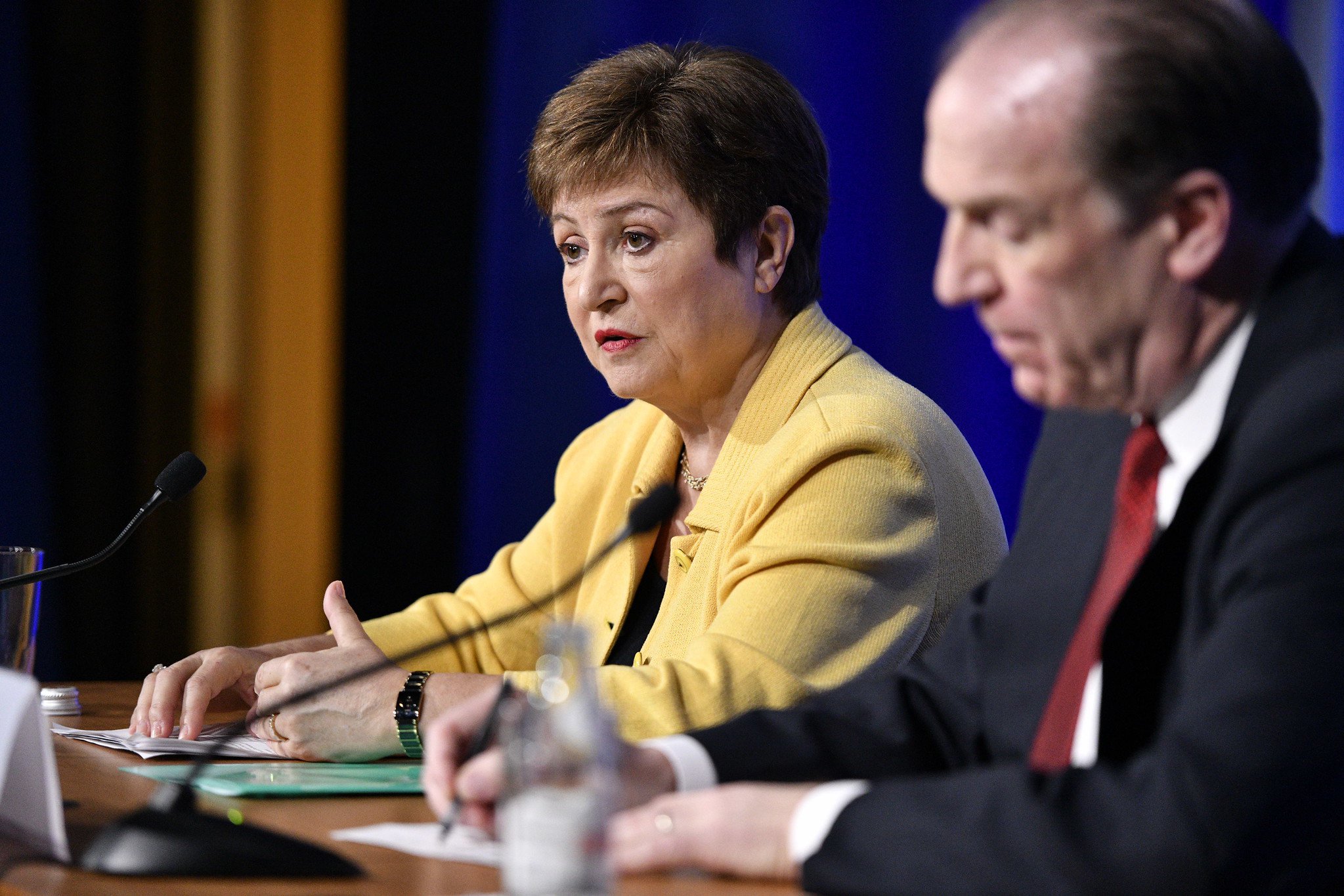Key messages
- Development finance institutions (DFIs) are mandated by their shareholders to provide finance to the private sector (usually at commercial terms, but subsidised implicitly), crowd in private sector finance and have a development impact.
- While DFIs aim to be additional to the market, they have not been sufficiently counter-cyclical in past crises. That has to change, as poor country firms and their workers now face major hardship. Today’s crisis is larger than those in the past.
- We suggest shareholders provide regulatory and financial space for DFIs to fast-track new investments, allow for some repayment postponements and announce a Bounce Back Better facility, to save companies and workers from bankruptcy and to protect previous transformation efforts so that the bounce-back is faster and better.
Stephany Griffith-Jones and Dirk Willem te Velde


